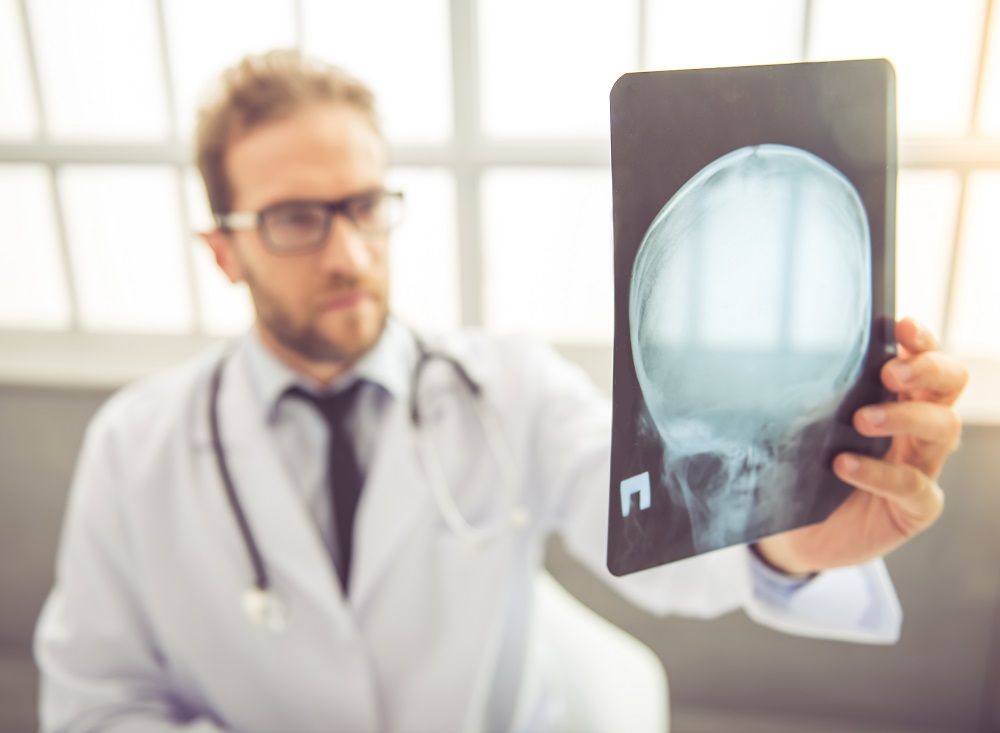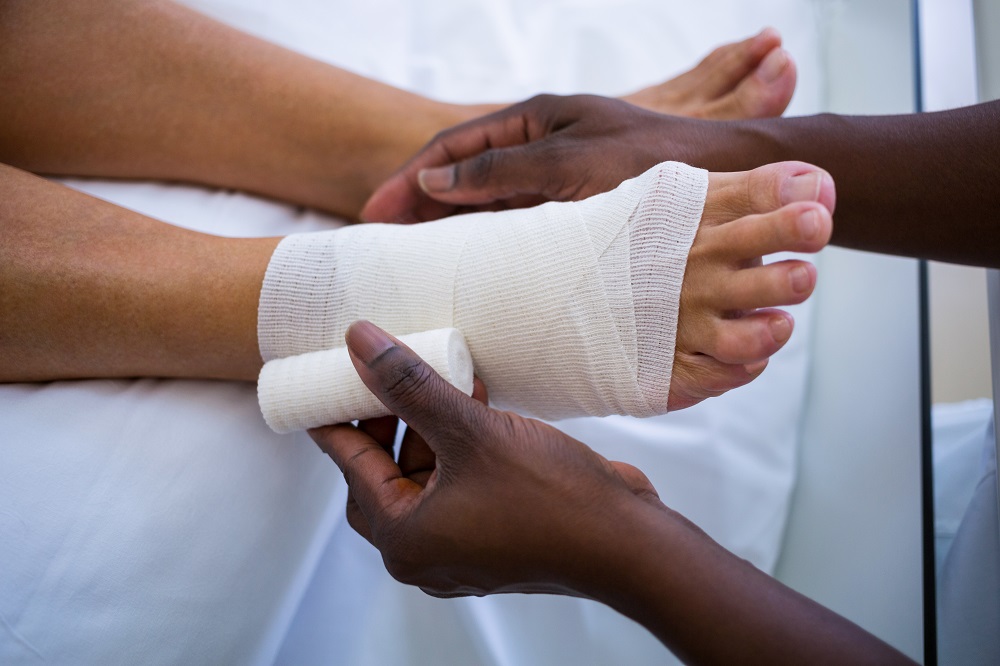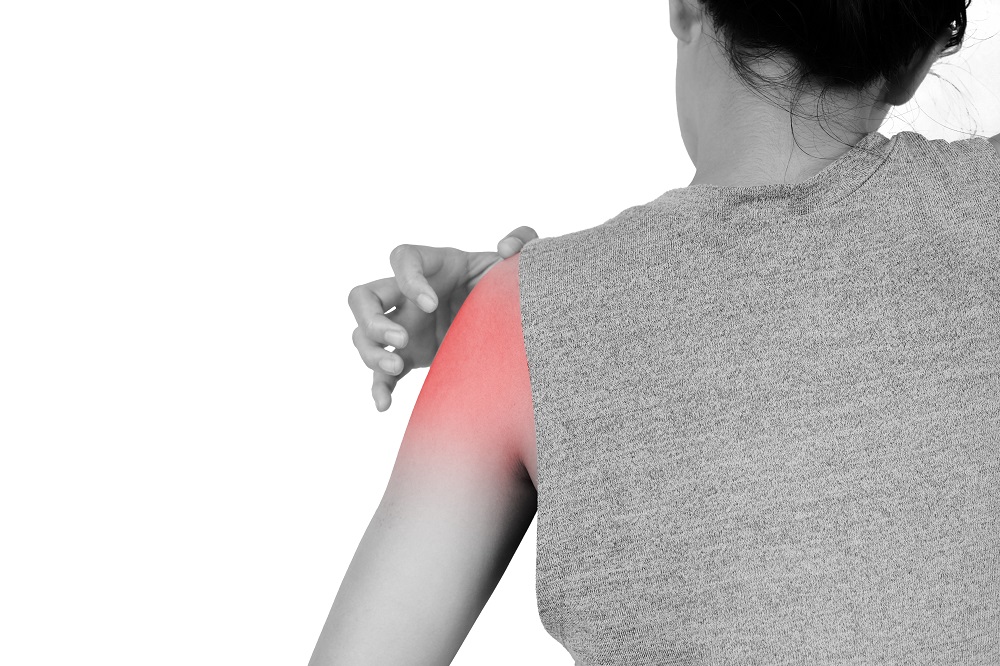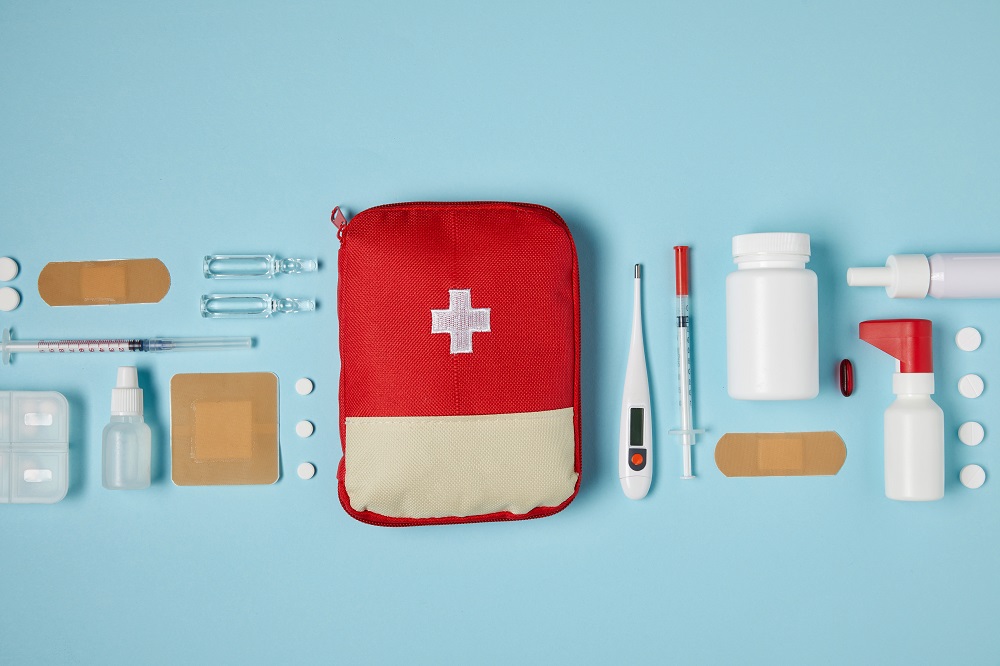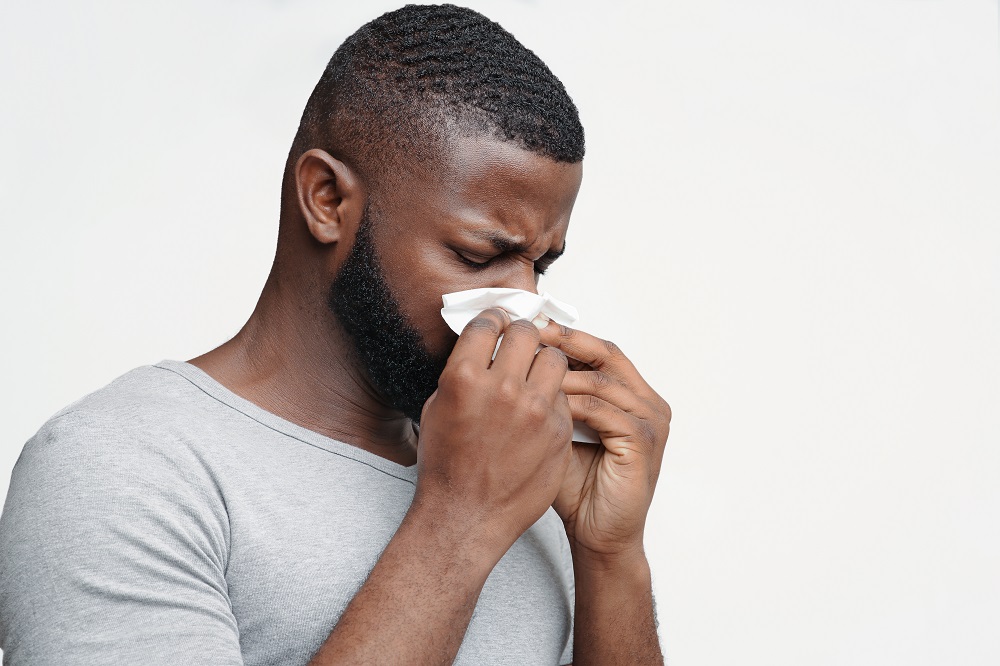March is National Traumatic Brain Injury Awareness Month. It’s important to raise awareness about traumatic brain injuries (TBI) because, left untreated, they can be extremely serious. In 2014, about 2.87 million people received medical care for a traumatic brain injury (TBI).
With medical attention, the majority of cases are minor. However, left untreated, TBIs can potentially be deadly. One of the most common TBIs is a concussion. Concussions are typically not serious when treated correctly, but many people don’t realize they have a concussion. This is when a concussion can turn serious.
In this article, we’ll discuss how to recognize a concussion, what does it feel like to get a concussion, concussion symptoms, concussion treatments, and more. Keep reading so you can identify a concussion and keep yourself and others safe from TBIs.
What Is a Concussion?
In movies and television, concussions are often portrayed as sports-related. And while there are many sports-related concussions, any head injury can result in a concussion. A concussion happens when the brain is jolted back and forth from a bump or a blow, or even severe whiplash.
If someone experiences a bump or jolt to their head, they could have a concussion even if they feel fine immediately after. This is why it’s important to seek medical attention after a bump to determine if you have a concussion.
What Happens to the Brain During a Concussion?
Did you know that your brain’s normal resting place is floating in your skull? Your brain is suspended in cerebrospinal fluid inside your skull. This is why when you experience a bump to the head, your brain can hit your hard skull, causing injury.
When your brain is bumped, your brain’s neurons can suffer damage. It’s a common misconception that if you bump your head hard enough to suffer a concussion, you will faint or pass out. This doesn’t always happen, and you can get a concussion from even a small bump, depending on how your brain hits your skull.
What Does It Feel Like to Get a Concussion?
People who have a concussion often report that they “don’t feel right.” People experience mood changes and general sluggishness after a concussion.
Symptoms like a pressure headache, nausea and vomiting, sluggishness, mental fog, light sensitivity, and feeling more depressed or anxious than usual, or negative changes in mental health point to a potential concussion.
If you’ve recently experienced a head injury and feel “not right,” your body is trying to tell you something is wrong. Always seek medical attention to determine if you’ve suffered a concussion. Of course, if you hit your head enough to cause a deep cut, consider the need for stitches and further treatment at a local hospital or urgent care center.
What Are the Symptoms of a Concussion?
Symptoms of a concussion might not appear immediately after the event. Some people can walk away from a concussion feeling fine but develop symptoms later in the day or even a few days later. Some patients experience severe symptoms, but others will only have mild symptoms.
Know the symptoms of a concussion and seek medical care if you experience any of these symptoms after a head bump.
Mild symptoms of a concussion can include:
- Mild nausea
- Headaches
- Dizziness and/or coordination problems
- Difficulty concentrating and/or remembering
- Moodiness and irritability
- Low energy
Severe symptoms of a concussion can include:
- Intense nausea or vomiting
- Severe headache or pain
- Fainting
- Disorientation, memory loss, and/or confusion
- Seizure
If a concussed person is experiencing confusion or disorientation, they may not be able to recognize they have a concussion. Know the signs and symptoms of concussions helps you protect yourself and others against TBIs.
How Long Can Concussions Last?
Depending on the severity of the concussion, you may return to regular activities within a couple of days, or it may require several weeks of recovery time. Often, concussions are measured by grades of severity:
- Grade 0: trouble concentrating, headache
- Grade 1: trouble concentrating, headache, feeling dazed for under a minute
- Grade 2: trouble concentrating, headache, feeling dazed for over a minute, sometimes ringing ears, irritability, and dizziness or confusion
- Grade 3: unconscious state for less than a minute
- Grade 4: unconscious for more than a minute
Someone with a grade 0-2 concussion can often return to activity within a couple of days. A grade 3 or 4 concussion could require a couple of weeks before returning to normal.
Once the concussed individual’s symptoms disappear, they can typically return to normal daily activity. However, this should be cleared by a medical professional just to be safe.
How Do You Treat a Concussion?
The first step in treatment is identifying the cause of the concussion and its severity. Your medical professional will ask you questions and may test your reflexes and memory. If the concussion is severe, your medical professional may recommend a CT scan.
Once your medical professional clears you to return home, you’ll need lots of rest. Avoid caffeine and alcohol. You’ll also need to avoid screen time. Laptops, phones, and TVs emit light that can worsen a concussion.
Demanding activities like sports, exercise, work or homework, or chores must be avoided until symptoms clear. Eat a healthy diet and hydrate until you begin to feel better.
After a few days to a week, most people will notice their symptoms dissipate. When this happens, you can slowly begin to reintegrate more demanding activities. It’s important to check with your medical professional before you resume normal activities.
What Are the Long-Term Effects of Concussion?
Sometimes, symptoms associated with a concussion do not go away within the predicted amount of time. About 10% of people who have a concussion will experience post-concussion syndrome (PCS).
Researchers have so far found no indication why some people get PCS and others don’t. The severity of the concussion has no bearing on whether or not a person will get PCS. However, it is clear that people 40 years and older are more at risk for PCS.
Symptoms of PCS can include:
- Difficulty concentrating and reading
- Brain fog
- Ringing ears
- Increased motion sickness
- Headaches
- Dizziness and/ or nausea
- Change or loss of taste and smell
- Mood changes and/or anxiety and depression
Post Concussion Syndrome Treatment
There is no specific treatment for PCS. Instead, your medical professional will develop a plan to treat your symptoms. With time and medical attention, your symptoms should improve and eventually go away.
For PCS, your medical professional will probably recommend waiting a few weeks before starting PCS treatment. The treatments can include exercise therapy, therapy to address mood changes, diet, and nutritional changes.
If you’re experiencing PCS know that you’re not alone. While it can take some patients a long time to recover from PCS, with proper medical care and an individualized treatment plan to address your specific symptoms, you will begin to feel better.
CityHealth Is Here to Help
If you’ve experienced a head bump, come to CityHealth. Our experienced team of medical professionals is here to help. And CityHealth has on-site imaging and a fully equipped medical testing lab, so you can get all tests and results right away.
Book an appointment online at either of our two Bay Area locations, San Leandro or Oakland. Our patient-centered approach to medicine means we’re dedicated to addressing your needs. Let us help you feel better.
